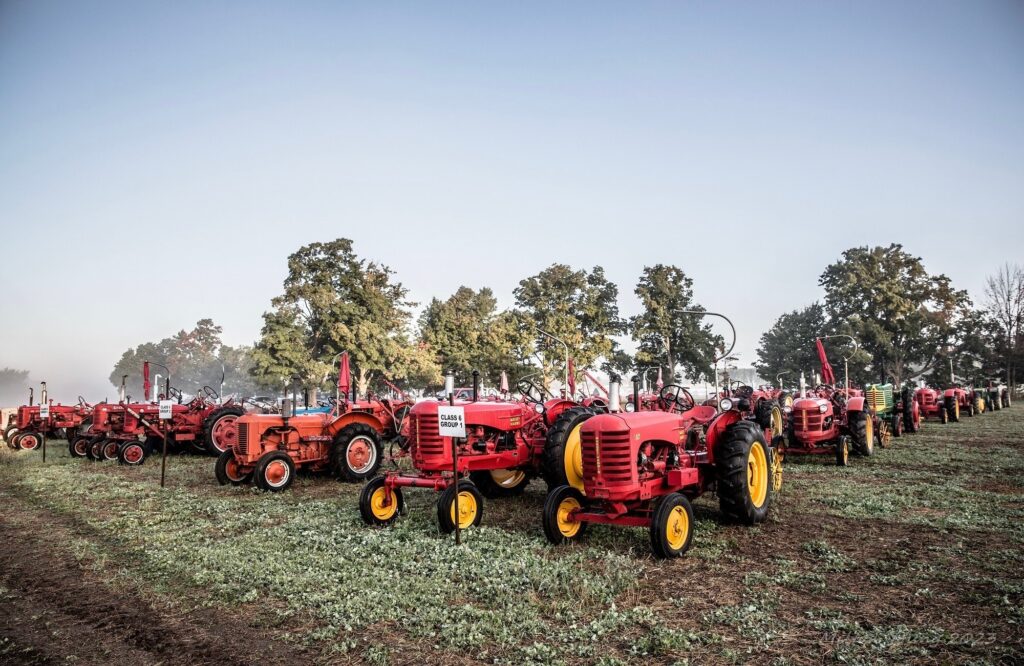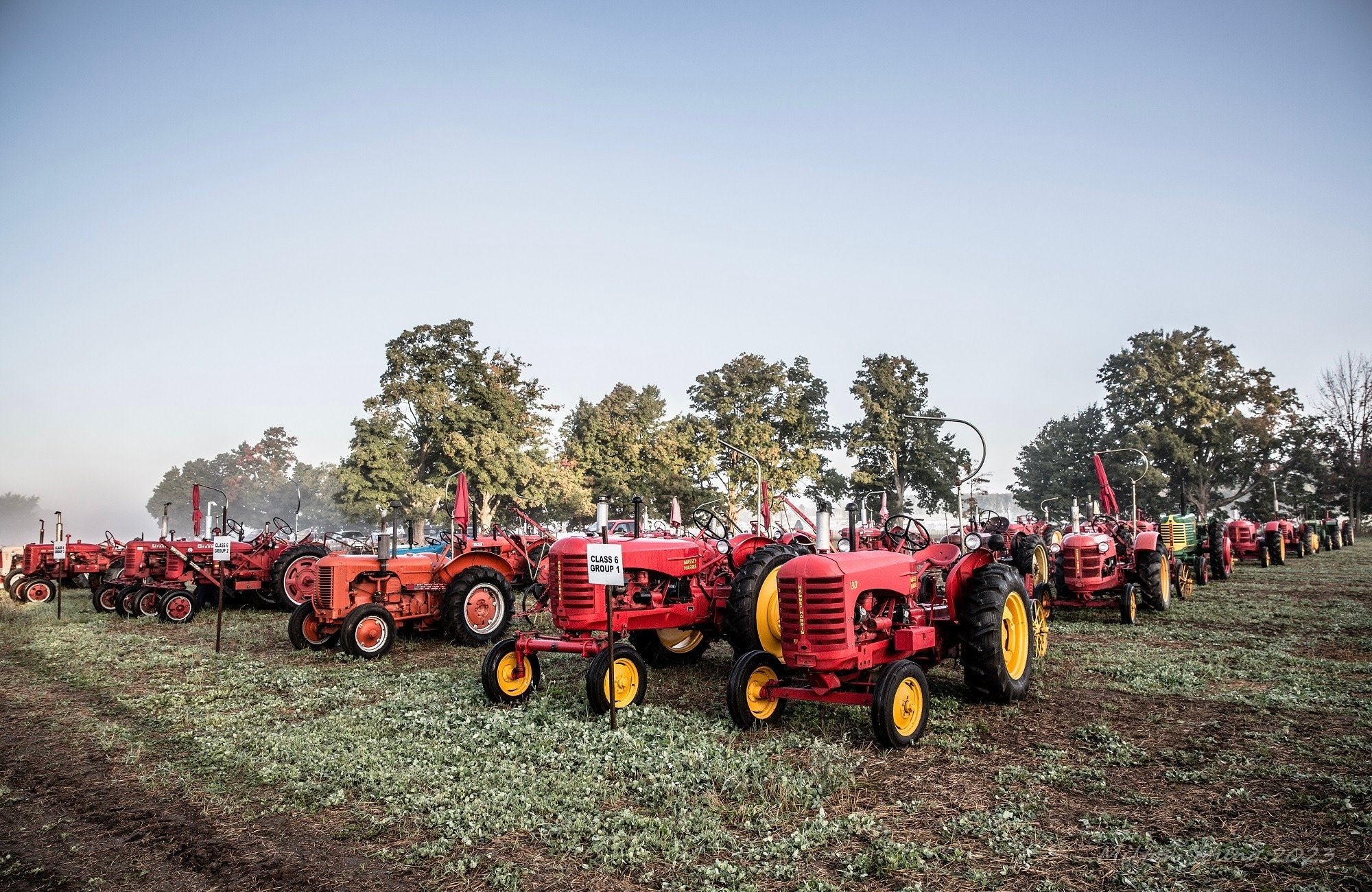Canadian Foodgrains Bank sounds alarm on impact of USAID cuts globally

The Canadian Foodgrains Bank (CFB) spring meeting last week at Barrie Hill United Church in Barrie Hill, Ont. south of Fergus, Ont. was a forum to discuss recent cuts to international foreign aid.
The organization, which partners with 15 Canadian churches and church-based agencies to end global hunger, is concerned about the effect cuts to programs supported by the U.S. Agency for International Development (USAID) will have on the CFB’s ability to operate effectively.
Why It Matters: Cuts to USAID will have global repercussions on aid services around the world putting lives and political stability at risk.
Read Also


International Plowing Match to be held in Niagara Region
The 2025 International Plowing Match and Rural Expo (IPM) will take place in the Niagara Region Sept. 16-20. The annual…
In February, U.S. President Donald Trump announced his administration would be cutting 90 per cent of USAID contracts and $60 billion in U.S. assistance globally. Though the CFB does not receive funding through USAID, many of its partner organizations in developing countries rely on the funding to operate.
The global repercussions of these cuts are something CFB Director of Public Policy Paul Hagerman said could make it difficult for the organization to do its work in some countries. He added the political narrative that foreign aid is wasteful will only have a detrimental impact on CFB and other programs.
“We have heard politicians in the U.S. and Canada saying aid is wasted. It’s going to corrupt people. It’s not helping anybody. That is completely untrue,” Hagerman said, adding that CFB has significant government oversight that ensures they are being accountable for every dollar spent. “We are held to a very high standard of accountability when we’re spending Canadian aid dollars, and that’s the same for anybody else who receives Canada’s aid dollars.”
Hagerman noted that foreign aid encompasses several areas, including humanitarian work, education, governance, and health. He added that this work helps ensure the economic and political stabilization of developing nations, reducing their need for help long-term. This, in turn, he said, helps Canada reduce its risk of impact from political unrest and health issues such as the spread of pandemics.
Hagerman believes that the cuts to USAID will lead to deaths globally in areas that rely on it for assistance.
“We expect to see an increase in the number of people affected by HIV and dying because a lot of international aid work has supported HIV prevention. We expect to see increasing loss of life. We expect to see increasing conflict and increasing instability around the world without this aid system,” he said.
Hagerman expects further restrictions on aid support as countries continue to respond to U.S. actions by turning inwards; there is less support being sent globally.
“That’s enormous repercussions for the rest of us, and it’s not only us. Several other aid donors are also cutting back, including Germany, France, and the U.K.,” he said.
Moving forward, Hargerman added, Canada will have to reevaluate how it distributes aid to ensure that foreign aid spending is not depleted by in-Canada aid programs.
“I think it’s quite legitimate to support refugees in Canada, but there are questions over whether it’s legitimate to count it as aid because the money does stay in Canada. That’s about 20 per cent of our aid budget,” he said.
Hagerman also believes that more education needs to be done to help Canadians understand not only where their aid dollars are going but also that it is also a very small portion of money being spent by the government.
“Canada’s aid to developing countries is only around 24 cents out of $100 in the national economy. So it’s a relatively small amount,” he said.
Hagerman recommends that Canadians lobby politicians to ensure that aid remains on the radar and does not get overshadowed by broader political agendas that could jeopardize support for programs like CFB.
Source: Farmtario.com


